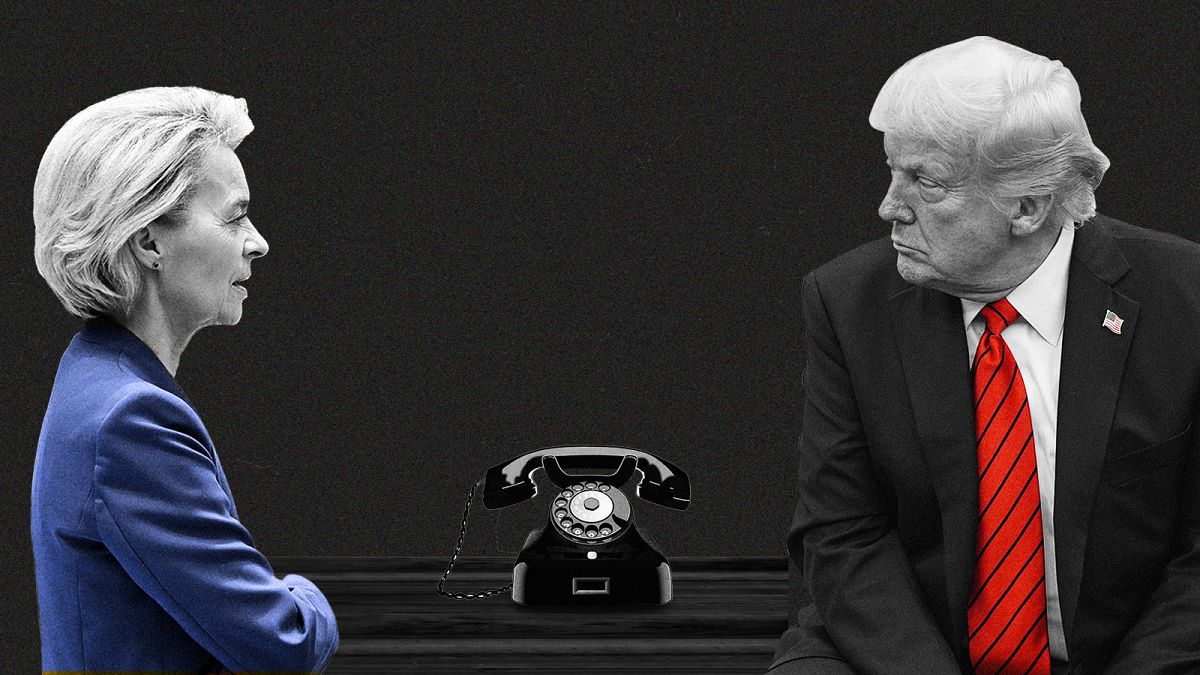A contentious bill allowing terminally ill adults to end their lives has fractured traditional party lines and left some MPs in disagreement with their colleagues.
MPs in the United Kingdom are set to vote on an assisted dying bill on Friday — a controversial issue that has split traditional party loyalties.
The legislation — which was first introduced by Labour MP Kim Leadbeater — would allow adults who have less than six months to be given help to end their own lives, subject to approval from two doctors and a judge, for the first time in the country.
The vote is being considered as a party of conscience, meaning MPs do not have to make a choice along their party lines but instead have a free vote.
The question has unveiled deep divisions within otherwise aligned political parties, with most MPs finding themselves in disagreement with one another.
British Prime Minister Keir Starmer has indicated in the past he would be in favour of changing the law, but since being elected has declined to say how he would vote.
Health Secretary Wes Streeting, who would likely be responsible for implementing the bill if it passed, has said he would vote against it — arguing that the UK's end of life care system wasn't up to the task of supporting the legislation.
Streeting has argued that the bill would mean cuts on other services in the country's already struggling National Health Service, and said he is opposed to forcing clinicians who would otherwise have ethical objections to enable assisted dying.
Unlikely political alliances have also formed, with Conservative Edward Leigh teaming up with left-wing Labour politician Diane Abbott to oppose the legislation.
Former prime ministers are of split opinion, with Boris Johnson and Theressa May saying they would vote against it if given the option. Last week, David Cameron published an op-ed in the Times saying he changed his mind and now supported the bill.
Leadbeater has said her legislation is robust, with only those over 18 able to request assisted dying. In her proposed bill, individuals must have the mental capacity to make a choice about ending their own life and be required to make two separate declarations about their wish to die.
The MP has framed the issue as akin to the women's right movement's fight for abortion rights, arguing that terminally ill people should have the right to chose over their own bodies.
"I think we will look back in 10 years’ time and think, ‘why didn’t this happen sooner?’ I think then people will have to look back and think about how they voted.”
What's next?
The debate is set to last five hours and over 150 MPs have signed up to speak in what is expected to be an emotionally charged session.
At least 100 MPs are said to be undecided with many expected to make their choice right before voting.
If the bill passes, it will face further scrutiny in both Houses of Parliament. If approved, it should come into effect within the next two to three years.
The UK is not the only European country to recently consider allowing assisted dying , with MPs in Ireland endorsing a parliamentary report calling for assisted dying earlier this year.
In France, a debate on an assisted dying bill was interrupted by a snap election.
Austria, Belgium, Canada and parts of the US have already legalised assisted suicide, with varying regulations on who is eligible for the procedure.

 4 months ago
37
4 months ago
37






 We deliver critical software at unparalleled value and speed to help your business thrive
We deliver critical software at unparalleled value and speed to help your business thrive






 English (US) ·
English (US) ·